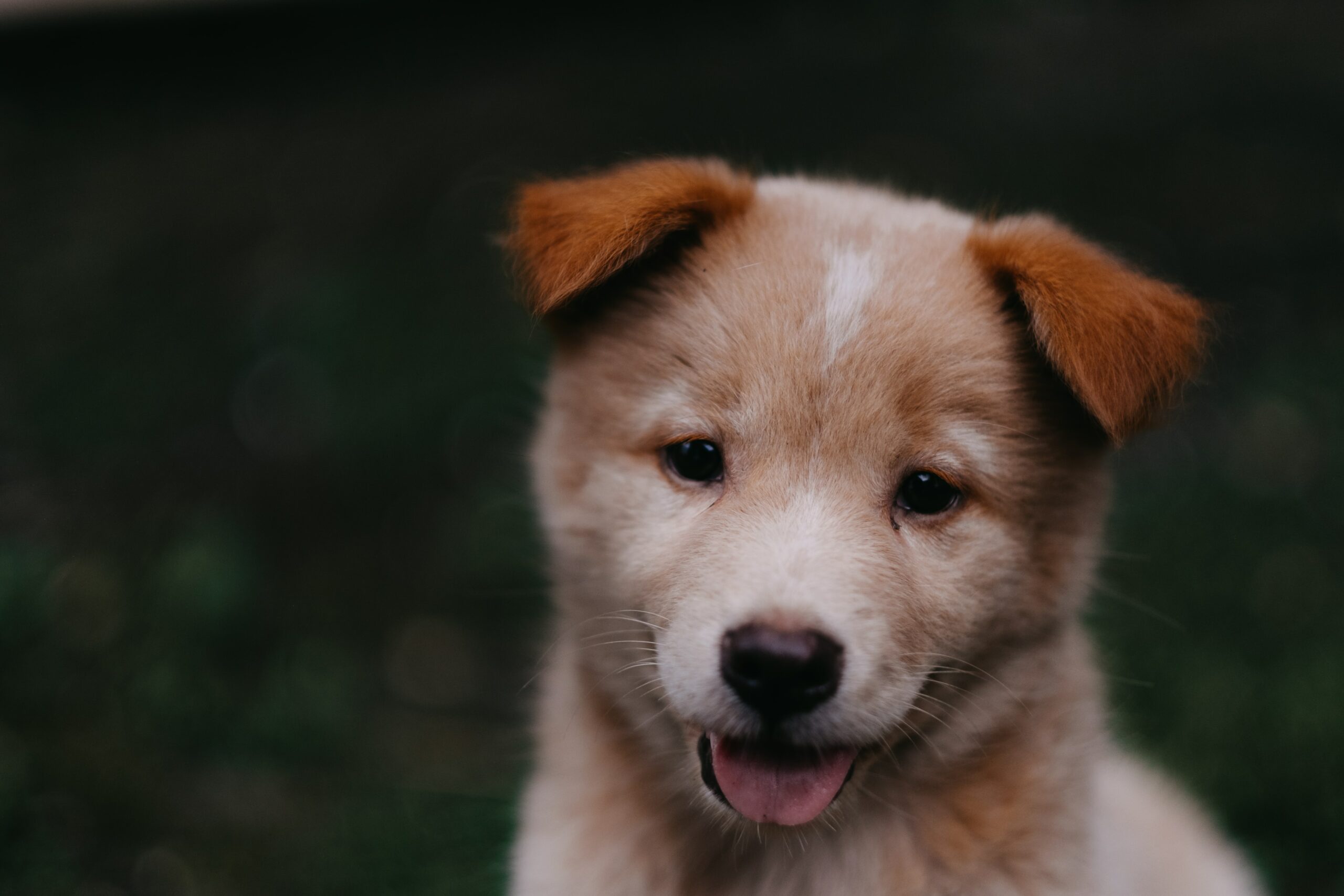Pets and Their People Blog
Before You Get a New Puppy
Are you planning on acquiring a new puppy? It’s a good thing you are reading this! We will guide you through essential information you need to make an informed decision.
Whether you are a new dog owner or an experienced dog guardian, getting a new puppy is very exciting. It also comes with many responsibilities, such as research on:
- The breed that would best suit your household

Getting a new puppy is very exciting; it also comes with many responsibilities. (Photo by Hanny Naibaho on Unsplash) - Finding an ethical breeder OR
- Choosing the right puppy from a rescue
- A qualified professional’s school to enroll your puppy for early socialization classes
- What will happen to the puppy if you are not able to take care of him anymore?
Adopting a Puppy from a Shelter or Rescue
When it comes to shelter puppies, there are a couple of things we should keep in mind, such as:
- Is the puppies’ mom with them?
- Were they orphaned and at which age?
- Is there a surrogate dog with the puppies?
- Are any socialization and habituation taking place?
- How long are the littermates being kept together?
The above considerations are important, because we want a puppy whose mother taught them how to be a dog. If they were orphaned at a very young age, they would have been bottle fed, and they would be habituated to handling and bonded to humans, so socialization with other puppies their age is essential. If they did not have a surrogate who taught them to how to be a dog, we have to pay extra attention to social skills and appropriate play. (Note that the surrogate dog does not have to be a female, it just needs to be a patient, social dog who likes puppies.)
Whether the puppy is acquired from a breeder or from a shelter, we do want them to be habituated to certain things like gentle handling, household sounds, different types of people, other dogs, collars, leashes, harnesses, toys, moving objects, etc.
Breed Research
Let’s move on to researching breeds. This can be an essential step in your journey to finding a puppy perfect for your household.
Some dogs were originally bred to be companions. Some were bred to be independent, to guard, to be in close contact with their handlers while working. Some were bred to be aggressive towards other animals and others were bred to be aloof towards people. They were bred to have innate behaviors that cannot be trained out of them. These behaviors might include chasing, nipping, pushing, blocking, biting and barking. And then some of these breeds can be quite dependent on their guardians. Some breeds are high maintenance when it comes to training and stimulation, whereas others are fairly easy to please.
From the above summary, you have probably already determined that some of these traits would not suit your household or your activity level.
Other Important Considerations
In addition to early puppyhood experiences and breed tendencies, consider the following before you acquire a new puppy:
Finances. All dogs are going to need medical treatment throughout their lives. Puppies need important vaccinations within the first six months of their lives. Sterilization costs and further vaccination costs need to be considered as the puppy gets older. Larger breeds often cost more when it comes to veterinary care and of course, food. Some breeds are genetically predisposed to certain ailments and diseases and are likely to need more medical attention during their lives.
Don’t forget about training and grooming costs. Puppies have to learn how to live in our world. And some dogs require regular grooming to maintain their coats and prevent them from matting.
Size. It’s very important that a dog guardian is able to manage their large breed dog and be able to carry him if necessary. Some people get dogs who are too big to handle by themselves if the dog requires assistance.
Space. How much space would the dog need not to feel cooped up? Not all large breeds need a lot of space. And not all small breeds can cope in a small area.
Energy. Choose a dog that matches your energy and activity level.
Time. All dogs need their owners’ time. Some individuals need much more training and enrichment than others. How much time on a daily and weekly basis are you willing to put into providing for your dog’s needs?
Existing pets. Look at how getting a new puppy may affect the existing pets in the home.
About the Author
 Tersha Bateman is a qualified, accredited dog trainer at DoggoGenius in Johannesburg, South Africa. She has experience with all types of scenarios from hand raising orphaned puppies, rehabilitating severely neglected and traumatized dogs, working with highly aggressive and reactive dogs, to training shelter staff and teaching vital skills to help pet dogs and their owners live their best lives together. She is also a dog training and behavior facilitator at an animal behavior college. All of this is done using a mindful, force-free philosophy and modern scientific training techniques.
Tersha Bateman is a qualified, accredited dog trainer at DoggoGenius in Johannesburg, South Africa. She has experience with all types of scenarios from hand raising orphaned puppies, rehabilitating severely neglected and traumatized dogs, working with highly aggressive and reactive dogs, to training shelter staff and teaching vital skills to help pet dogs and their owners live their best lives together. She is also a dog training and behavior facilitator at an animal behavior college. All of this is done using a mindful, force-free philosophy and modern scientific training techniques.
